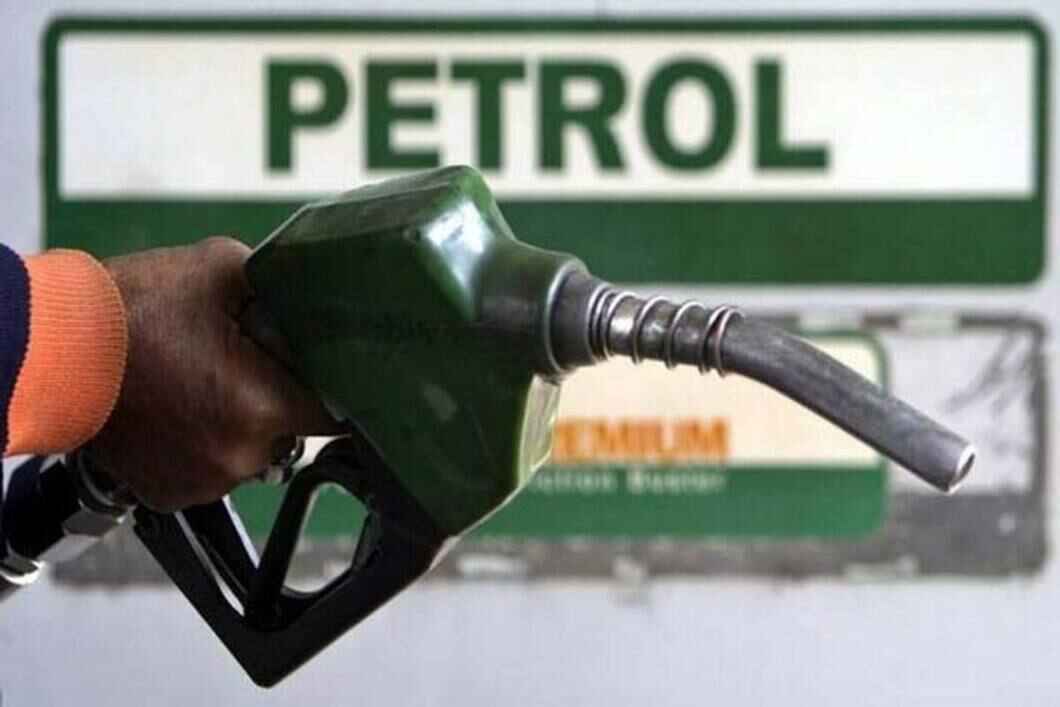Taxes on Petrol and Diesel in India

The Central and state governments levy taxes on fuel. These taxes constitute 55% of the total retailing price of petrol. In the case of diesel, it is 50%.
However, taxes on diesel and petrol vary with each state. It is because states levy different sales taxes or VAT amounts.
If you want to know essential details about tax on petrol and diesel in India state wise, continue reading.
What Is the State Wise Tax on Petrol & Diesel in India?
As fuel prices keep changing, several tax components have a significant role to play in this process. These taxes include excise duty.
Between November 2021 and May 2022, the excise duty on petrol was cut by ₹13 per litre, while it was dropped by ₹16 per litre on diesel. Currently, the excise duty on petrol stands at ₹19.90 per litre, while that on diesel is ₹15.80 per litre.
Keep reading to know the state-wise VAT charged on diesel and petrol.
Note: The example of state government tax on petrol in India mentioned below explains the fuel tax structure of Delhi as of Dec 2022.
States |
VAT on Petrol | VAT on Diesel |
| Madhya Pradesh | 29.00% | 26% |
| Telangana | 35% | 27.00% |
| Assam | 32.66% | 22.75% |
| Delhi | 19.40% | 17% |
| Uttar Pradesh | 18% | 17.08% |
| Andhra Pradesh | 31% | 22.50% |
| Maharashtra (Thane, Navi Mumbai and Mumbai) | 25% VAT+ Rs.10.12 per litre | 21% VAT + Rs.3 per litre |
|
Elements |
Effective as of 16th December 2022 (₹ per litre) |
Price charged to dealers |
₹ 57.35 per litre |
Excise duty (Levied by the Central Government) |
₹19.90 per litre |
Average dealer commission |
₹ 3.87 per litre |
VAT (Levied by the State Government) |
₹ 15.60 per litre {19.40% of (fuel price charged to dealers + excise duty + avg. dealer commission)} |
Retail selling price at Delhi |
₹96.72 per litre |
|
Elements |
Effective as of 16th December 2022 (₹ per litre) |
Price charged to dealers |
₹ 58.20 per litre |
Excise duty (Levied by the Central Government) |
₹15.80 per litre |
Average dealer commission |
₹ 2.55 per litre |
VAT (Levied by the State Government) |
₹ 13.11 per litre {16.75% of (fuel price charged to dealers + excise duty + avg. dealer commission)} |
Retail selling price at Delhi |
₹89.66 per litre |
The central excise tax constitutes ₹15.80, and VAT is ₹13.11 on the base price of diesel. The total combined tax comes to ₹28.91.
The tax rates on petrol and diesel keep changing. One such factor for higher VAT and excise duty is to meet higher expenses due to the current global health crisis. Therefore, keep yourself updated with the tax on petrol and diesel in India state wise. This will help you to avoid any confusion later.















